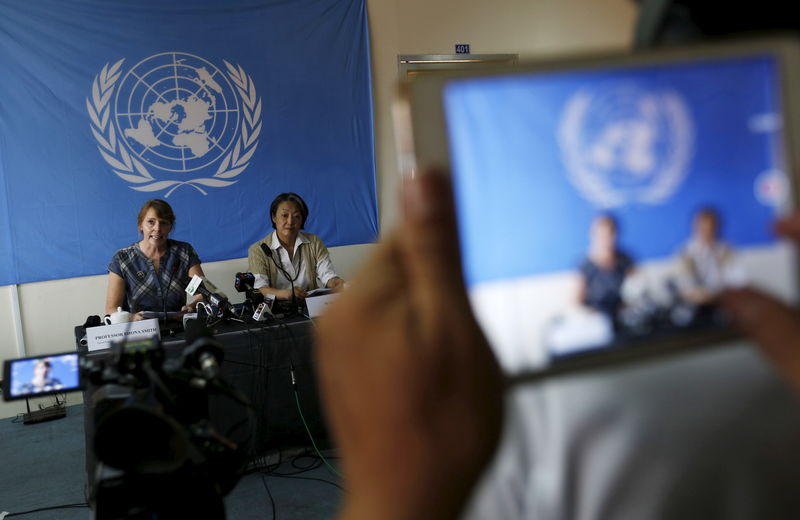By Ben Hirschler
LONDON (Reuters) - GlaxoSmithKline (L:GSK) is to adopt a graduated approach to patenting its medicines, depending on the wealth of different countries, in order to make drugs more affordable in the developing world.
Britain's biggest drugmaker said on Thursday it would not file patents in low-income states, leaving the way clear for generic companies to make cheap copies of its drugs without fear of being sued.
For lower middle-income countries, GSK will seek patents but it aims to strike licence deals that allow supplies of generic versions of its medicines for 10 years. These licences are expected to earn GSK a "small" sales royalty.
Together, the moves will cover about 85 countries with a combined population of more than 2 billion.
The company will continue to seek full patent protection in high- and upper middle-income countries, as well as members of the Group of 20 major economies, including China, Brazil and India.
It is the latest move by the pharmaceuticals industry to address criticism that many new drugs are simply too expensive for billions of people in Africa, Asia and Latin America.
GSK Chief Executive Andrew Witty has long been a proponent of improving drug access and the initiative may consolidate his reputation in the field before he steps down as chief executive next year.
Raymond Hill, former president of the British Pharmacological Society and visiting professor at Imperial College London, said it was a brave step. "It sets a precedent for other major multinational pharma companies to follow," he said.
The wider industry has increasingly adopted a policy of tiered pricing for poor countries, but the decision to waive patent rights in certain areas goes a step further in opening the door to competition.
Witty said patent protection remained vital for rewarding investment in research but more flexibility was needed. "We are trying to put together an approach which is right for the right stage of maturity of the country," he told reporters.
The initiative is expected to have only minimal impact on GSK's group earnings, given the limited sales and profits generated in poor countries.
In addition, GSK said it intended to give developing countries access to its next-generation cancer drugs by allowing competitors access to the company's intellectual property through the UN-backed Medicines Patent Pool (MPP).
Knowledge Ecology International, a non-profit group working to curb intellectual property barriers, said the move was welcome as access to cancer drugs was far more unequal than for HIV and hepatitis treatments, two areas where MPP is already active.

GSK sold its established cancer drugs to Novartis (S:NOVN) in an asset swap that closed last year. It is still working on a number of experimental immuno-oncology and epigenetic cancer therapies.